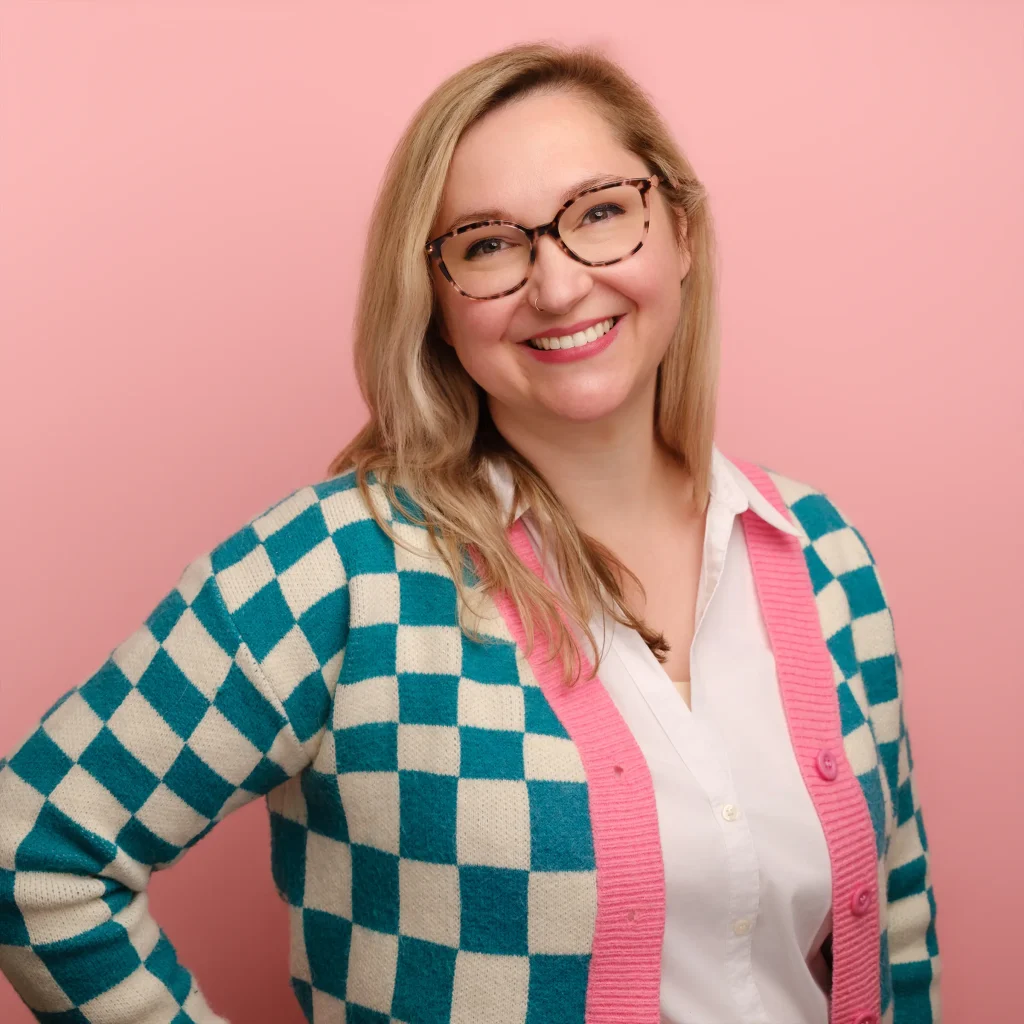Choose a champion of fairness and transparency

Vote Marcelle Kosman
for public schools trustee in Ward A.
As your Edmonton Public School Board Trustee,
I commit to being a fresh voice for parents, kids, and teachers.
Champion openness and transparency
As your representative, I will ensure the school board is open to students and families, open to your ideas, and open for investment from the provincial government.
Prioritize fairness
We must put fairness first in board decision-making. This means working hard to ensure schools have accessible resources, expert staff, and that we are removing barriers to learning.
Reinvest in our public schools
I will advocate to ensure Edmonton receives the historic reinvestment in education we need. With me working on your side, we will build school communities we can be proud of for generations.
